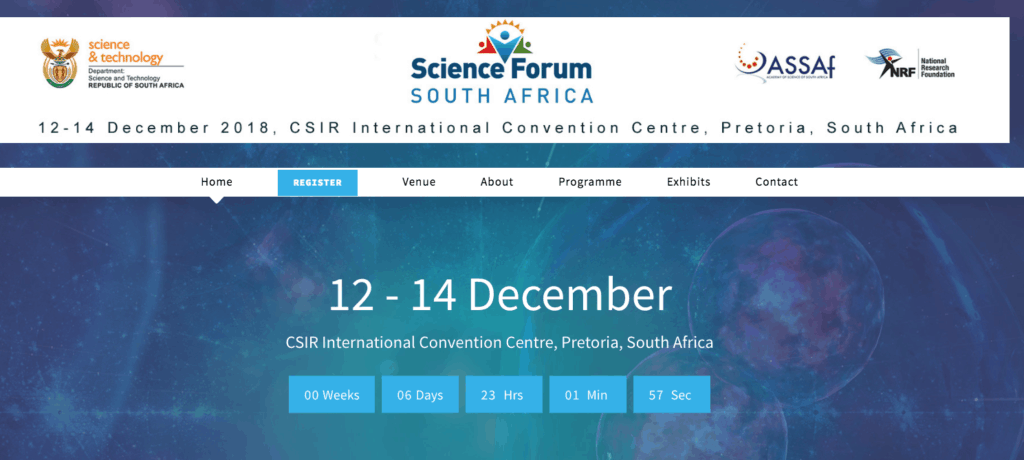Time: 15h30
Venue: CSIR International Convention Centre, Pretoria
Food is intended to nourish our bodies, provide the adequate nutrients we need to maintain our bodies in good health. The food must be safe to eat. It must be free of any poisonous agents. There is also a culture aspect that motivates the food we eat.
Food safety has vast implications on human health, social behaviour and economy. The recent Listeria outbreak came as a shock. The implication of cold meats such as polony sent the country into an even bigger shock. These cold meats form an important part of our daily lives and the food we regularly eat. We incorporate them into salads, sandwiches and the township famous ‘sphatlo’.
The National Institute for Communicable Diseases (NICD) reported that laboratory confirmed cases of Listeria from 1 January 2017 to 17 July 2018 amounted to 1060, with 216 deaths. Polony and Vienna sales decreased by 70% and that of other cold meats by 50%. This caused millions worth of losses for the meat industry. It is estimated that 2000 jobs were lost following the outbreak. Over 4000 tons of recalled products were destroyed by thermal treatment or using landfill sites.
Join us in this talk as we discuss issues around the safety of the food we eat, the nutrition as well as the culture involved. We apply the recent Listeria outbreak that involved polony and other cold meats as an example of the importance of food in our daily lives.
Upcoming Events
Our GOALS
We recognise that producers, processors, distributors and consumers are incorporated into the food system under varying terms and returns. We also recognise the economic, social, human and environmental health impacts associated with food security. Therefore our goal is to conduct research, build capacity and disseminate findings that will promote a sustainable food system in South Africa.
Our MISSION
Our research is concerned with the scale, nature, causes and consequences of food insecurity in South Africa and elsewhere on the African continent. Thus our mission is to investigate products, technologies, processes and policies that can reduce food insecurity and mitigate its negative outcomes. We seek to make a difference to food security by linking innovative science with critical enquiry.




